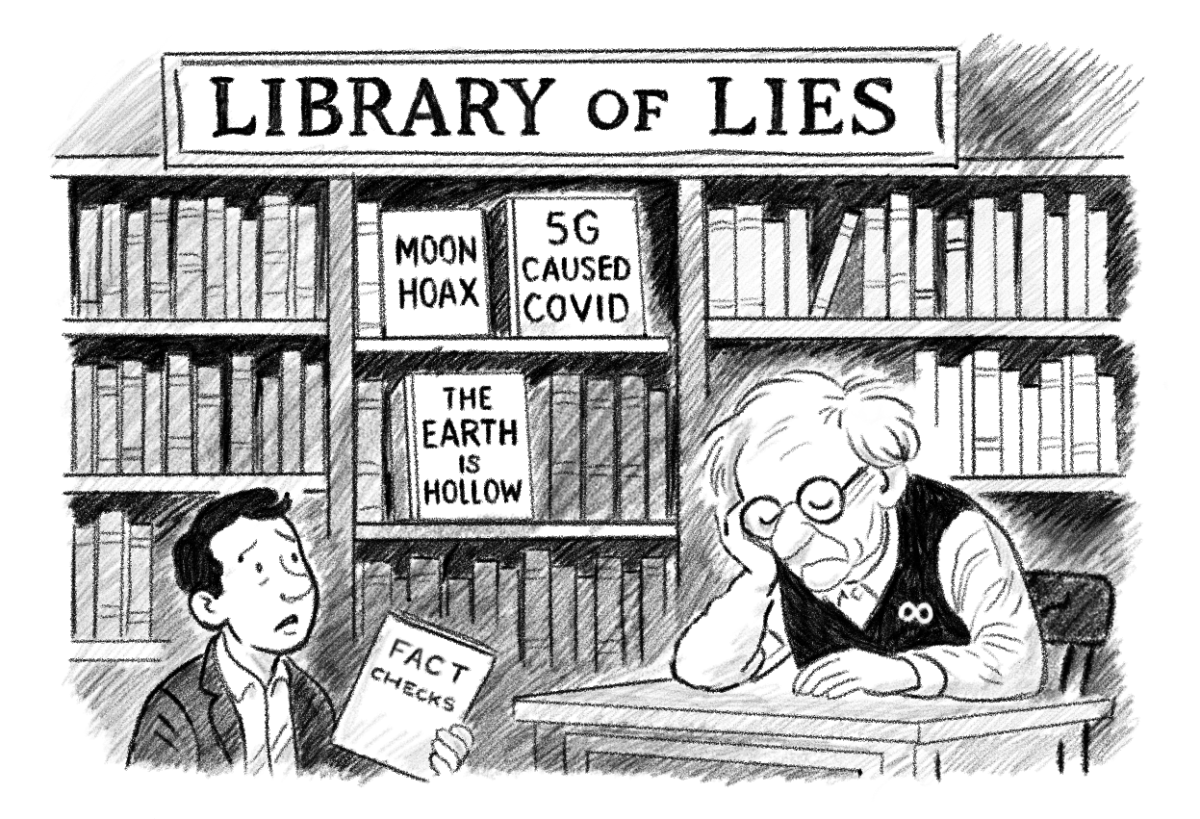“We will make sure that parents can send their kids to school to get an education, not an indoctrination.” Governor Ron DeSantis said these words right before signing the Parental Rights in Education Bill at Classical Preparatory School on March 27, 2022 in Spring Hill, Fla.
The law, still often referred to as the “Don’t Say Gay” law, was expanded in May of this year. It works to prohibit all classroom discussions about sexual orientation or gender identity. Originally, this bill only impacted children from kindergarten to the third grade, but it was expanded to the twelfth grade. Its supporters framed it around parents’ rights to make decisions about their children’s upbringing and what they are exposed to. The law empowers parents to take legal action against schools and educators.
One of the most visible and unfortunate consequences of this law has been its effect on LGBTQ+ youth, who now feel more stigmatized than ever in educational settings. “When lawmakers treat LGBTQ topics as taboo and brand our community as unfit for the classroom, it only adds to the existing stigma and discrimination, which puts LGBTQ young people at greater risk for bullying, depression, and suicide,” said Amit Paley, former CEO of the Trevor Project.
These students have very few safe spaces, and now schools have been removed from that list. The “Don’t Say Gay” law has stripped students of their right to speak honestly about their lives and a right for their history to be included in their school curriculum.
But there is more to the “Don’t Say Gay” law than endangering LGBTQ+ youth.
Because of the law, states are shifting their approach to sexual education, especially in Florida. The Health Information Project (HIP) is implemented in over 50 schools across the state, including Ransom Everglades. Since “Don’t Say Gay” was passed, HIP has opted to exclude sexual education, which was once an important part of the curriculum it presented to ninth graders via junior and senior Peer Health Educators (PHEs).
This year and last year, RE responded to the gap in HIP’s curriculum with a man named Mike Domitrz, a professional speaker who is also the founder of the Center for Respect. With his “Can I Kiss You?” assembly, Domitrz took on a very complex task: teaching an audience of almost 700 14- to 18-year-olds about consent with a straight face. The concept of consent is a difficult topic to broach even with adults, but Mike reframed the subject in a way that even the younger members of the audience could understand. He took a no-nonsense approach to the matter and walked through clear scenarios and common reactions and responses.
By and large, his assembly earned positive reactions from the students. Tariq Maduro ’26 felt that Domitrz “covered most of the topics within consent,” while Jude Yeo ’24 noted that “because of the difference in ages he covered things pretty well.”
Most of the time, when adults try to speak to adolescents about consent culture, they use vague language and leave things to the audience’s interpretation to avoid awkwardness. Domitrz, instead, leaned into that awkwardness and guided students through uncomfortable situations in a fun and engaging way.
For Yeo, the assembly was effective precisely because it addressed how emotional states influence the nature of consent. “I think it comes down to communication, and that’s something that we as high schoolers aren’t particularly good at.”
Domitrz was RE’s response to the removal of sex ed, and it was a brilliant step forward. Yet it creates room for broader conversations to be had—conversations that must be had, as there is more to sex ed than asking for a kiss.
Sex ed helps to foster communication skills as well as knowledge and comprehension of sex. Teens are interested in sexual development and sexuality. To enable them to make the best decisions regarding their sexuality and relationships, they need, want, and have a right to accurate and thorough knowledge about sexual health. Without sexual education, students won’t learn about adolescence, safe sexual activity, relationship violence, how to effectively communicate with partners, and how to be emotionally intimate. Comprehensive sexual education includes all of these things and more.
The main argument against implementing sexual education in schools is a fear of it causing increased or early sexual activity among adolescents, but there are no studies supporting this. This belief implies that adolescents’ introduction to sex comes from schools, and that couldn’t be farther from the truth.
Shows like Riverdale and Euphoria are all marketed toward teens and supposedly showcase teenage life. And while their plot lines can be interesting, they also oversexualize teenagers. In almost every episode of these shows, teenagers are showcased having sex or speaking about sex—or drinking, or doing hard drugs or…well, you get the point.
This form of media glamourizes whirlwind romances and casual sex at the age of 17. We have more shows displaying toxic relationships than healthy ones, from Nate and Cassie on Euphoria to Cheryl and Toni on Riverdale. Teens will learn about emotional manipulation before they learn about emotional intimacy.
Instances of emotional manipulation are so common among teens that Jaerla Sajous ’25 referred to them as “canon events for our generation.” I asked her to further explain this and she said, “Most people fall into hook-up culture because they are either used to using emotional manipulation to get what they want or they’ve been emotionally manipulated to the state of numbness.”
Media portrayals of teenage lives make everything feel mundane by comparison. Some teens become dissatisfied and begin to detach themselves from their real lives. The fear of missing out runs rampant and becomes the driving force behind interactions. The result: Teen lives become void of emotional intimacy and visibility. We live in a world where we can connect with people across the globe in a matter of seconds and can disconnect just as easily. Eventually, we will live in an emotionally bankrupt society unless we can strike a balance between media misinformation and sexual education.
The controversial “Don’t Say Gay” law and its impact on sexual education underscore the urgent need for a comprehensive and nuanced approach to the well-being of today’s youth. The law not only threatens the mental health and safety of LGBTQ+ students by stifling discussions about sexual orientation and gender identity but also necessitates a shift in sexual education paradigms. The removal of sexual education from school curricula, as seen in the case of Florida’s Health Information Project (HIP), necessitates alternative methods of educating adolescents about crucial topics like consent.
Mike Domitrz’s innovative assembly represents a commendable response to the void left by the removal of sex education. But it should also serve as a reminder that sexual education encompasses far more than discussions about consent; it plays a vital role in fostering communication skills, emotional intimacy, and a comprehensive understanding of sexual health.





